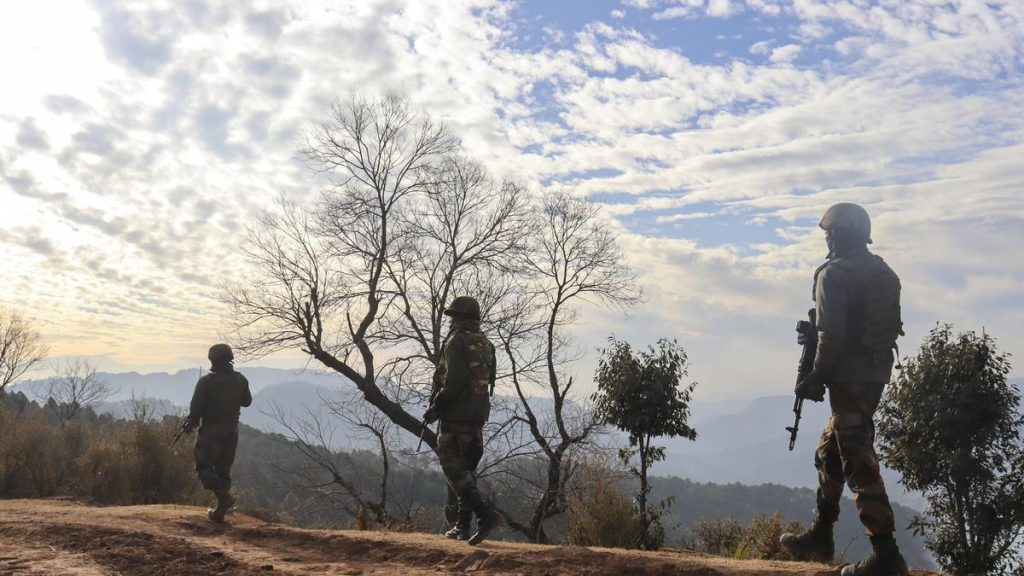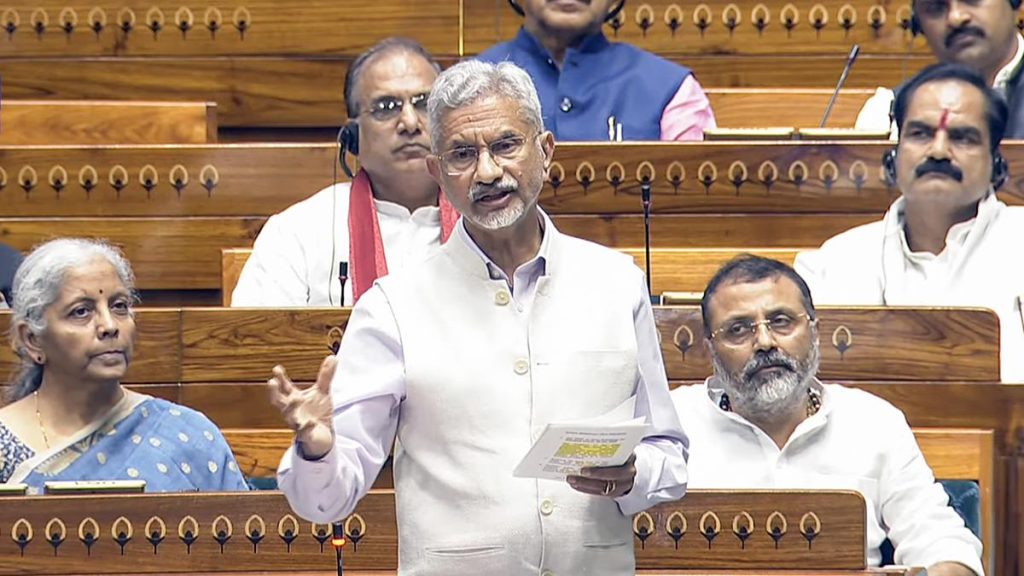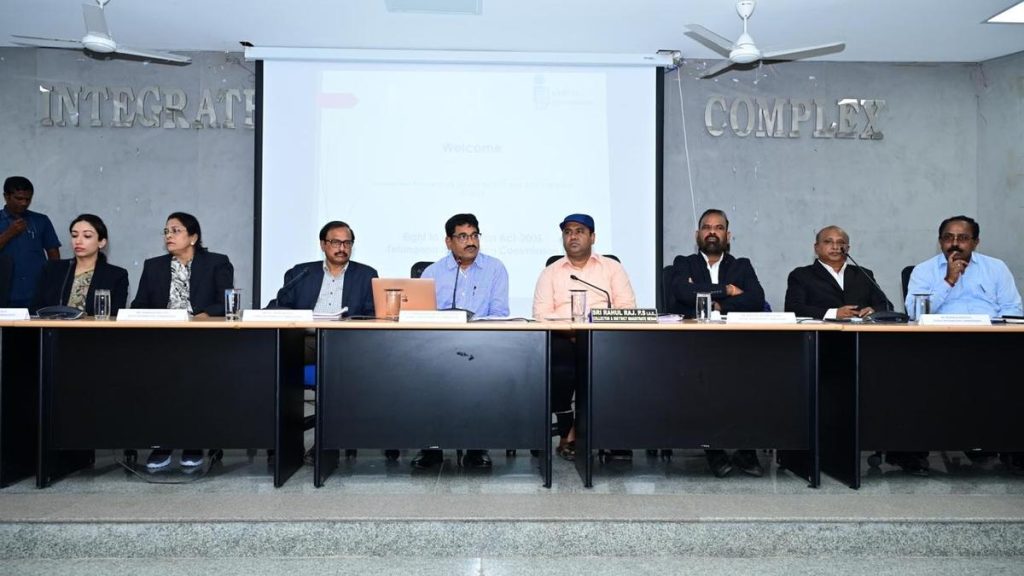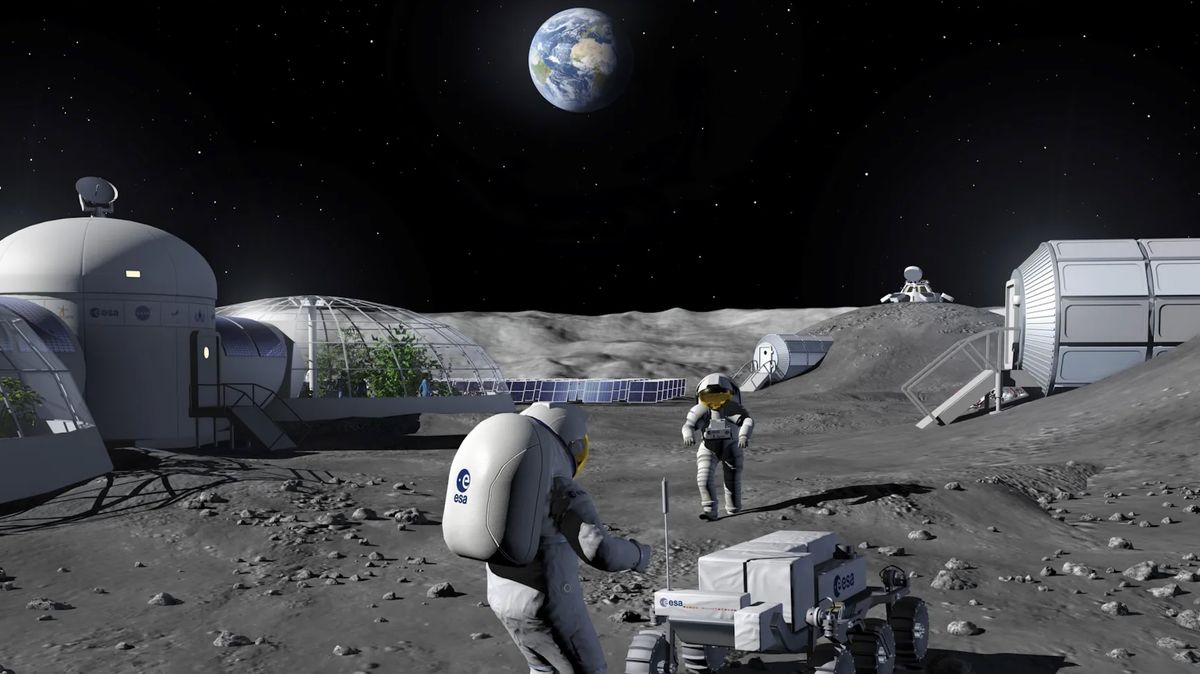Now Reading: Space Insights with a Twist: Episode 161 of This Week In Space
-
01
Space Insights with a Twist: Episode 161 of This Week In Space
Space Insights with a Twist: Episode 161 of This Week In Space

Quick Summary
- TWiS Comedy Hour Episode 161: Hosts Rod Pyle and Tariq Malik update on space exploration topics including NASA budgetary concerns,Voyager spacecraft updates,Artemis programs,SpaceX’s Starship tests,and emerging developments in space technology.
- Key announcements covered:
– NASA’s resurrection of Voyager 1 thrusters after two decades.
– Concerns over potential NASA budget cuts by the Trump management affecting U.S. leadership in space exploration.
– Congress debates canceling the SLS rocket program and its ramifications.
– SpaceX gears up for its ninth Starship test flight next week.
– China’s AI-driven satellite launch marks the start of a planned constellation with over 2,800 satellites for computing innovation.
- Other highlights: Australia’s delayed orbital-class rocket launch due to technical issues; future-focused acts like ‘Mission to MARS’ for modernizing facilities; reports on solar flares impacting communication networks; stunning visible auroras noticed at Mars by NASA.
Indian Opinion Analysis
The discussed advancements highlight meaningful global strides in space technology that coudl have downstream impacts for India’s aspirations as an emerging player in space exploration. With an emphasis on budgetary control, India’s ISRO may further analyze funding strategies amidst international shifts like potential U.S.-NASA budget reductions or China’s expanding AI satellite projects that could dominate areas such as data computation. Additionally,Mars mission initiatives led by nations like the U.S.emphasize India’s need to reinforce its interplanetary explorations through Chandrayaan or Mangalyaan successors while maintaining affordability aligned with domestic socio-economic priorities.
India must also prepare contingencies against phenomena such as solar activity disrupting communication satellites-critical infrastructure for societal functions reliant on telecommunication systems. international collaborations could prove advantageous by sharing research insights into mitigating these challenges while complementing India’s ambitions toward technological self-reliance.
























